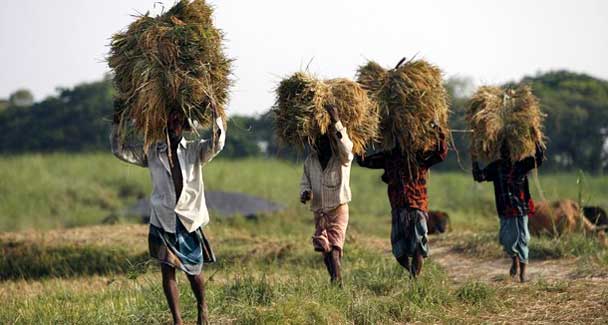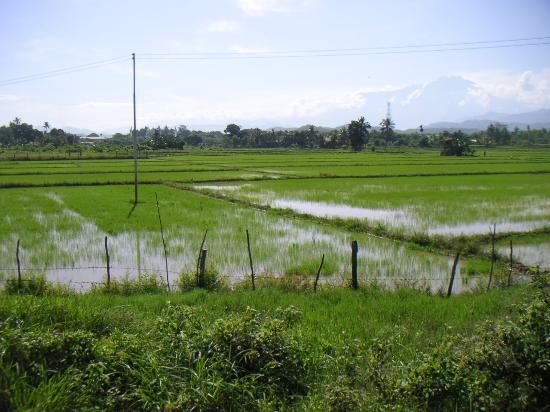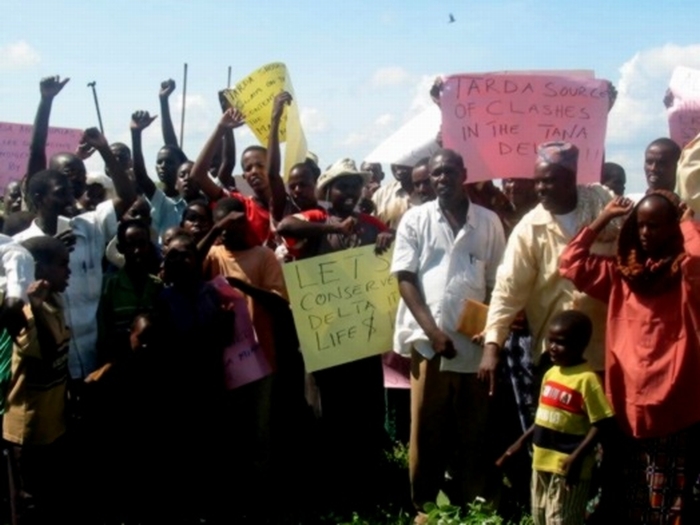Ensuring food security for the world’s poor: Questions and Answers
- Organization for Economic Cooperation and Development
- 07 May 2009
What is the OECD’s view of rich food-importing countries buying land in developing countries to secure their own food requirements?







